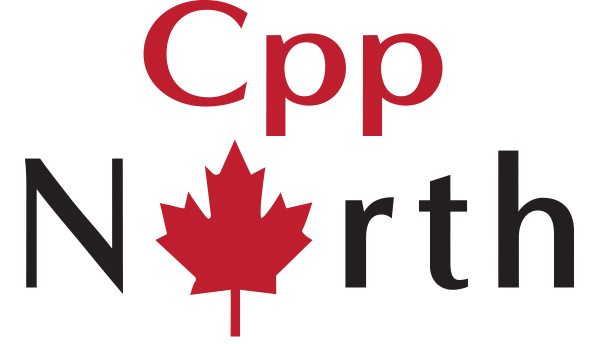A Pragmatic Journey into C++ Modules
Modules are the most impactful new addition to C++20 since they affect every developer. The other Big Five—concepts, ranges, coroutines, and three-way comparison—affect major segments of C++ users but not necessarily everyone.
This talk is a detailed, pragmatic discussion that uses simple to complex examples. It touches on the detailed workings of modules and build systems, particularly for GCC, Clang, and CMake. (Sorry, no MSVC since I'm on Linux.) At the end, attendees will have a comprehensive understanding of C++20 modules and be equipped to apply this knowledge to their projects.

Rudyard Merriam
Rud Merriam is a retired software developer, having lived through the spaghetti, structured programming, and object-oriented development paradigms. He's now trying to figure out functional programming and the ranges library.
He wrote his first FORTRAN IV in 1968 and his first C++ in 1990 with Borland's Turbo C++. Along the way, he developed computers that measured flow in real pipelines.
More recently, he has been writing about C++ on Medium.com and Linkedin. He evangelized C++ for embedded systems on Hackaday.com.
